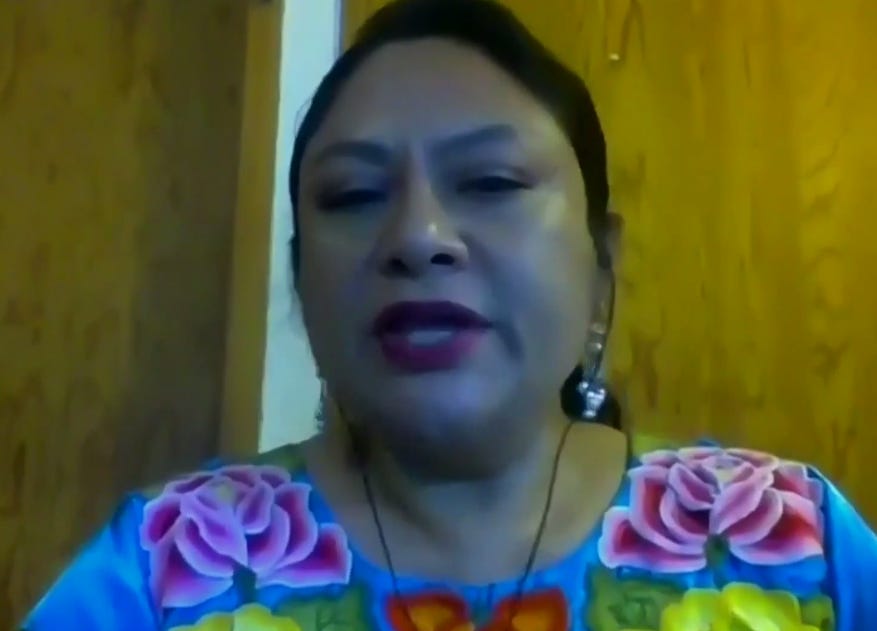Why Nike, Forever 21, Nestlé & Hermès should pay attention to UN Permanent Forum on Indigenous Issues
Latin American and Caribbean Indigenous peoples use world platform to highlight IP abuses of major world companies.

“What do we see in the cities? Private property, this is mine, that is yours and nothing belongs to the people. Even the streets and avenues belong to the municipality, so no one cares how their neig…
Keep reading with a 7-day free trial
Subscribe to Indigenous Wire to keep reading this post and get 7 days of free access to the full post archives.

